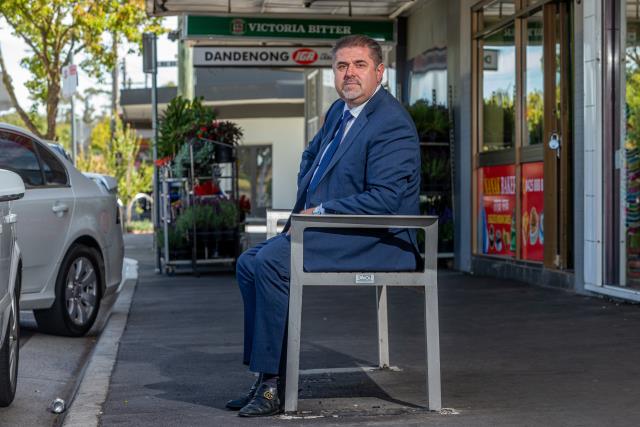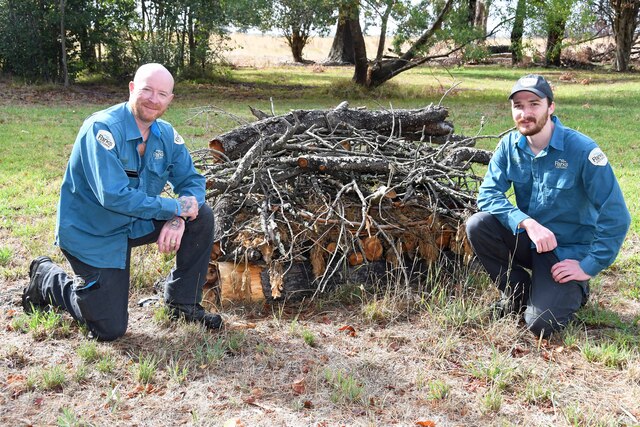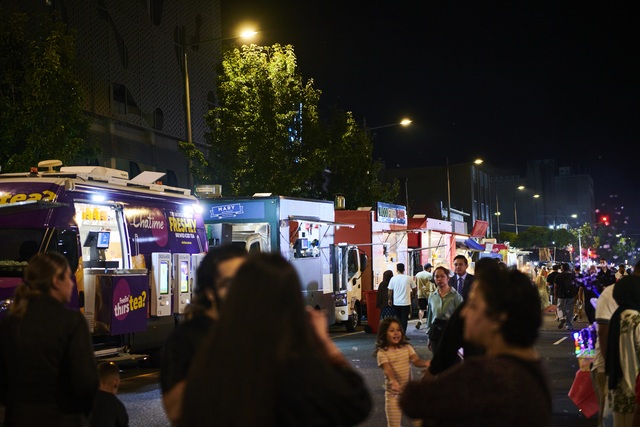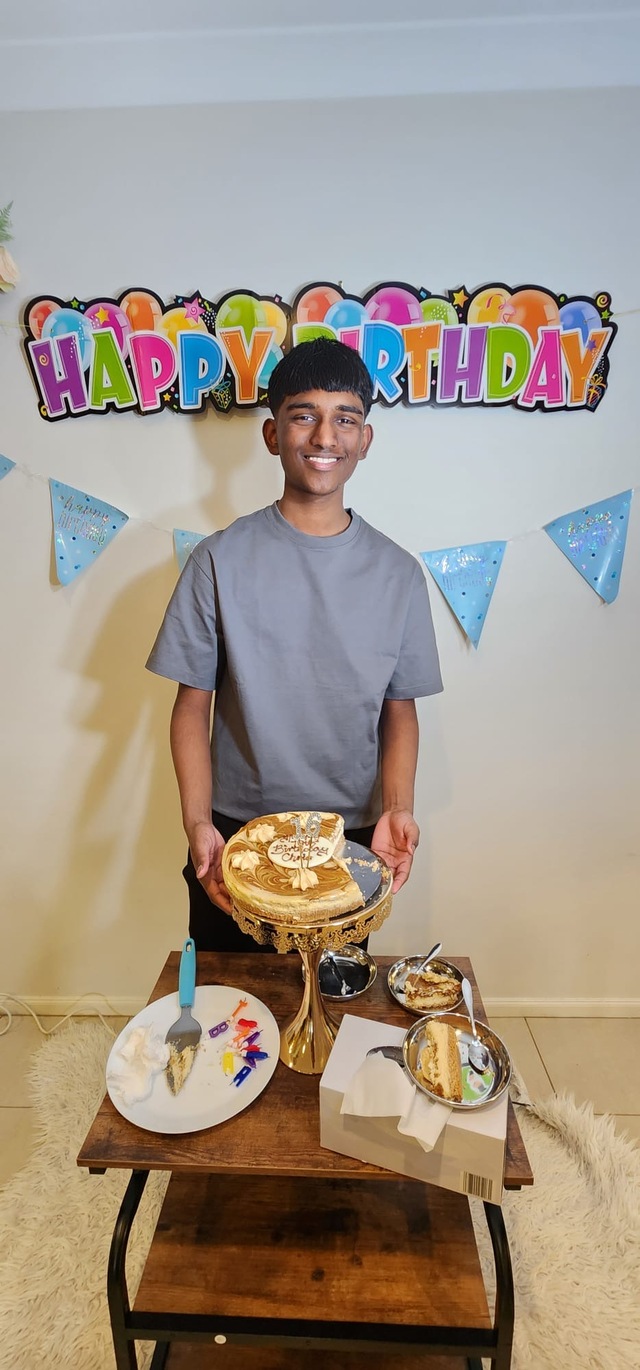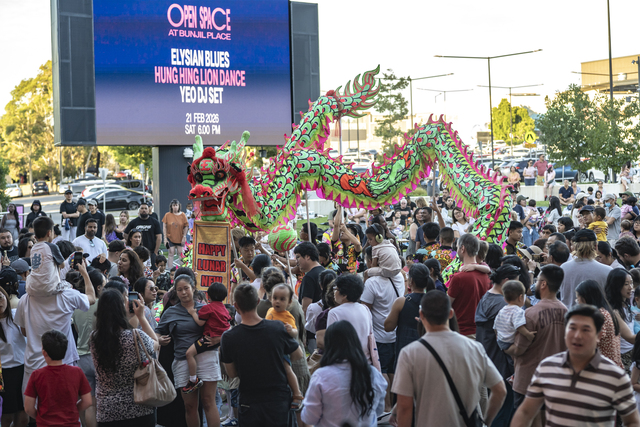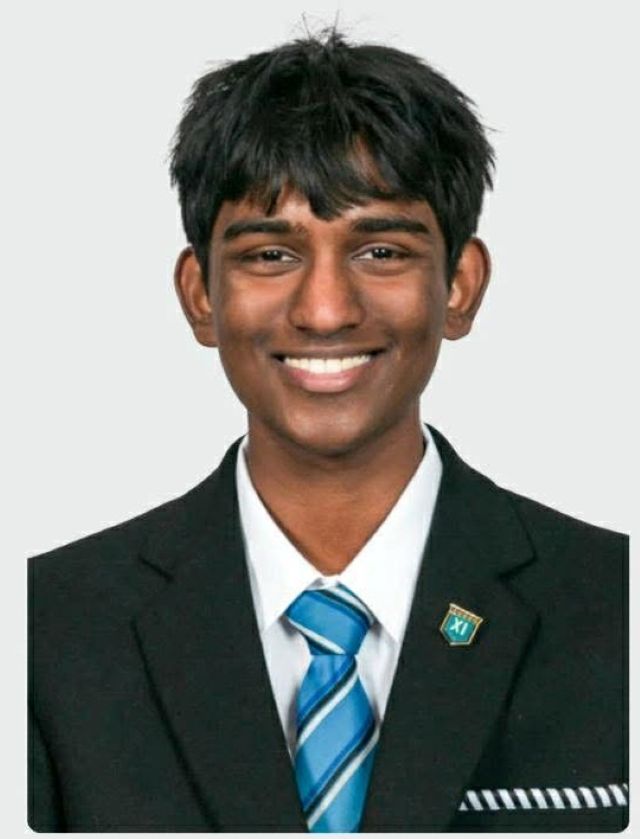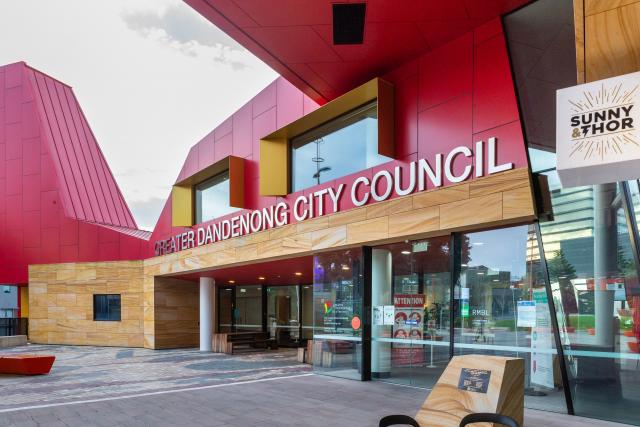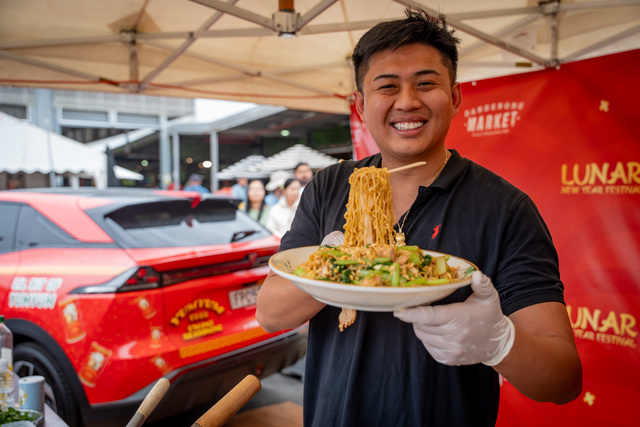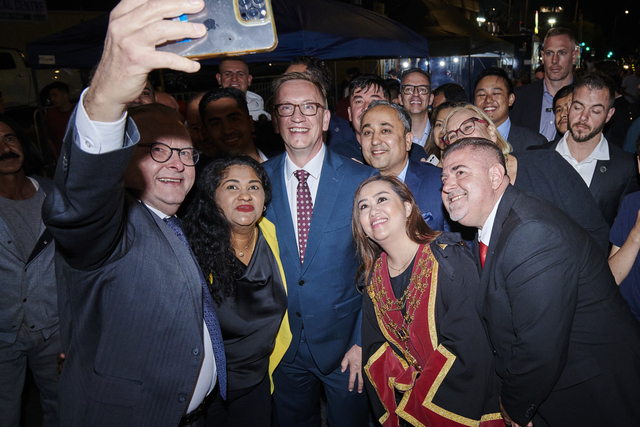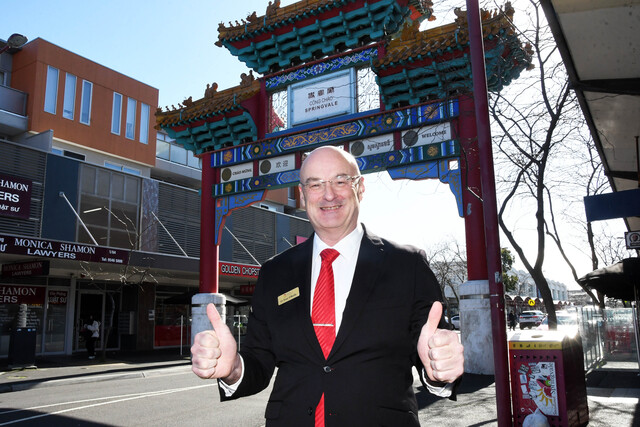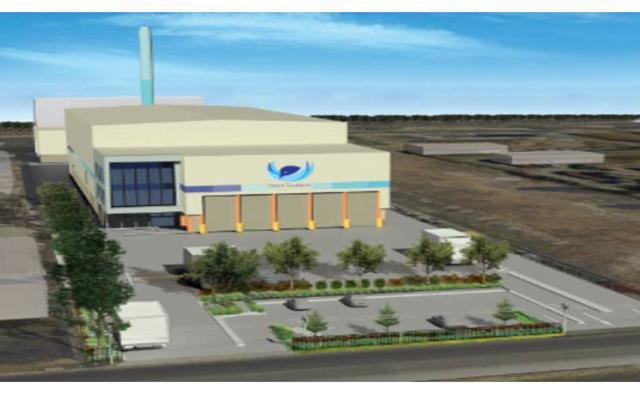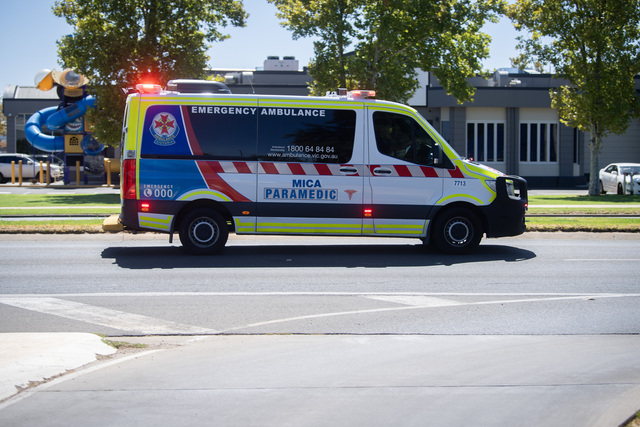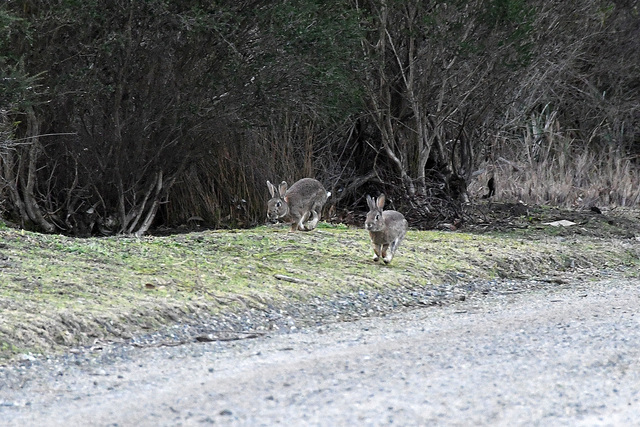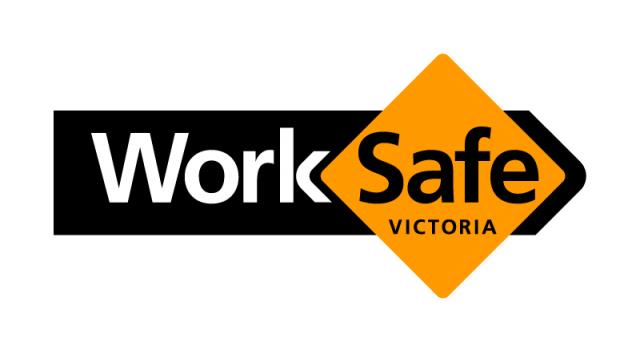Greater Dandenong mayor Jim Memeti said he sent a “clear message” to federal Immigration Minister Alex Hawke on the settlement of refugees from Afghanistan.
Cr Memeti told a council meeting on 24 January that the Minister was “very approachable” during a 30 minute Zoom talk.
“I think I sent a clear message to the Minister and he was very approachable and understood exactly where we are coming from with our community.
“He will be looking into it and also getting back to us at a later stage.”
Cr Memeti told Star Journal that the focus was on increasing Australia’s Afghanistan refugee intake from 3000 to 20,000.
About 4500 Afghanistan nationals have been evacuated to Australia since the fall of Kabul to the Taliban regime in August. Many of the refugees are in Greater Dandenong.
But there were still many in Greater Dandenong desperately seeking family members to join them from Afghanistan, Cr Memeti said.
“I’ve got lots of Afghan people calling me up. Plenty of people have family trapped over there, and they are still waiting for family (reunification) visas.
“(Mr Hawke) was pretty good about it. He was saying we’re getting a plane-load (of refugees) a month coming out of Kabul.”
The Federal Government’s focus was on “trying to get as many out as possible” rather than permanent settlement for asylum seekers in Australia.
“They’re safe, we’re looking after them. Most have work rights,” Cr Memeti said of Mr Hawke’s position on asylum seekers in Greater Dandenong.
“In saying that, the progress of that is continuing.”
Cr Memeti spoke up the contribution of the local Afghanistan community, such as the Afghan Bazaar commercial precinct in Thomas Street, Dandenong.
“They were one of the first to put their hand up and raised $200,000 for the (national) bushfire appeal (in 2020). And others were happy to volunteer their time to assist.
“They are very welcoming and inclusive. They feel they owe Australia and want to contribute to Australia.”
Asylum seeker advocates criticised Mr Hawke’s 21 January announcement of “at least” 15,000 for Afghanistan nationals over four years.
The allocation includes 10,000 within Australia’s existing humanitarian program and at least 5000 visas in the family visa stream.
“The War in Afghanistan was Australia’s longest, and a humanitarian intake of this size reflects this,” Mr Hawke said.
“Our commitment to Afghan refugees will be second only in scale to our humanitarian intake from Syria and Iraq.”
The Department of Home Affairs has received more than 32,500 applications for the Humanitarian program for more than 145,000 Afghanistan nationals.
Mr Hawke said “priority processing” was being dedicated to the “unprecedented level of visa applications” for humanitarian and migration visas from Afghanistan.
Pritority was been given to cohorts such as Locally Engaged Employees and immediate family in Afghanistan, as well as those employed by Australian non-government organisations.
Women, girls, ethnic minorities, LGBTQI+ and other identified minority groups were also prioritized.
Mr Hawke said other migration pathways to Australia including the Community Support Program may also be available.
The Asylum Seeker Resource Centre, which had pushed for 20,000 extra places on top of the humanitarian program, stated Mr Hawke’s announcement was “completely inadequate and deceiving”.
The 3750 humanitarian places a year were “almost identical to Australia’s existing intake”.
“Hawke’s announcement has raised many false hopes among people from Afghanistan seeking asylum,” ASRC organiser Barat Ali Batoor said.
“There is no will and no plan from the Australian government to make any tangible contribution to this humanitarian crisis.”

